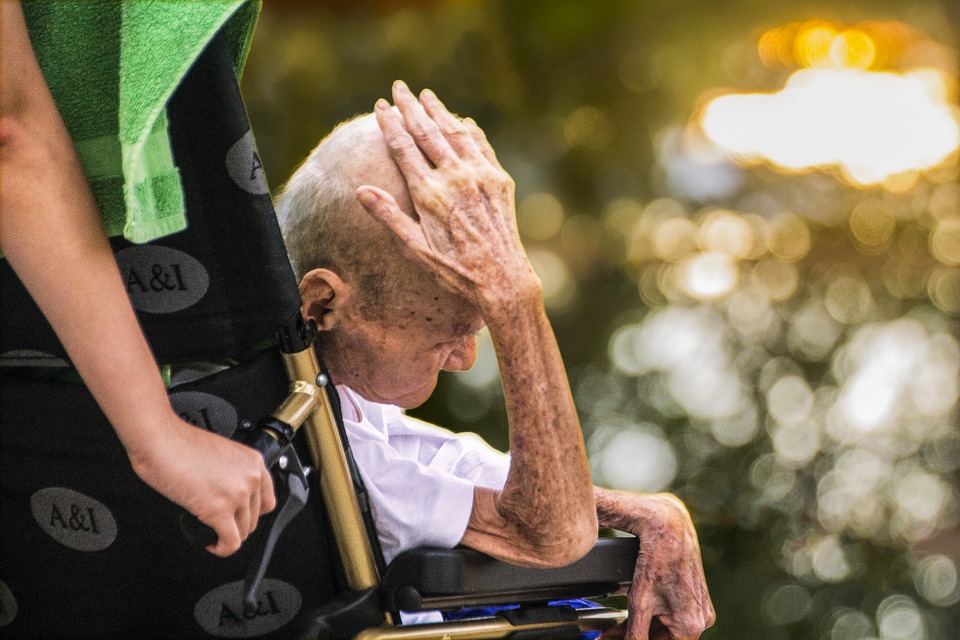The ILO estimates that women keep doing most of the work to care for children and the elderly. The organization states that need to invest in appropriate infrastructure so that women would be fully included in the labor market. The ILO cites this data in its latest report. Now, according to the ILO, around 2.1 billion people in the world need care, including 1.9 billion children under the age of 15 and 200 million elderly people. By 2030 their number will grow by 200 million, reaching 2.3 billion people. At the same time, only 18.3% of children under the age of 3 are covered by preschool education in the world now; for children aged 3 to 6 this figure is about 57%, and long-term care as a service for the elderly practically does not exist in most countries of Africa, Asia and Latin America.
As a result, the world spends 16.4 billion hours on unpaid work for the care of children and the elderly. This is the equivalent to an eight-hour work for 2 billion people.
Women account for the largest part (76.2%) of all the time spent on such unpaid care work. In a number of countries, primarily in the EU, the contribution of men to unpaid care work over the past 20 years has grown significantly. However, in 23 countries, the gender gap in the allocation of time costs for unpaid care services has been reduced by only 7 minutes per day over the past two decades. "At this pace, bridging the gender gap in unpaid care work in these countries will take 210 years," says Shauna Olney, who heads the ILO gender, equality, diversity and HIV/AIDS section. As a result, at least 606 million women of working age in the world cannot work, whereas this is a problem for only 41 million people among men.
Due to the growing number of people in need of care by 2030, it will be necessary to create 269 million jobs in this area in order to increase their number to 475 million.
To this end, governments around the world need to increase public and private costs of care services to a total of $ 18.4 trillion, or 18.3% of the projected global GDP.
source: ilo.org
As a result, the world spends 16.4 billion hours on unpaid work for the care of children and the elderly. This is the equivalent to an eight-hour work for 2 billion people.
Women account for the largest part (76.2%) of all the time spent on such unpaid care work. In a number of countries, primarily in the EU, the contribution of men to unpaid care work over the past 20 years has grown significantly. However, in 23 countries, the gender gap in the allocation of time costs for unpaid care services has been reduced by only 7 minutes per day over the past two decades. "At this pace, bridging the gender gap in unpaid care work in these countries will take 210 years," says Shauna Olney, who heads the ILO gender, equality, diversity and HIV/AIDS section. As a result, at least 606 million women of working age in the world cannot work, whereas this is a problem for only 41 million people among men.
Due to the growing number of people in need of care by 2030, it will be necessary to create 269 million jobs in this area in order to increase their number to 475 million.
To this end, governments around the world need to increase public and private costs of care services to a total of $ 18.4 trillion, or 18.3% of the projected global GDP.
source: ilo.org





